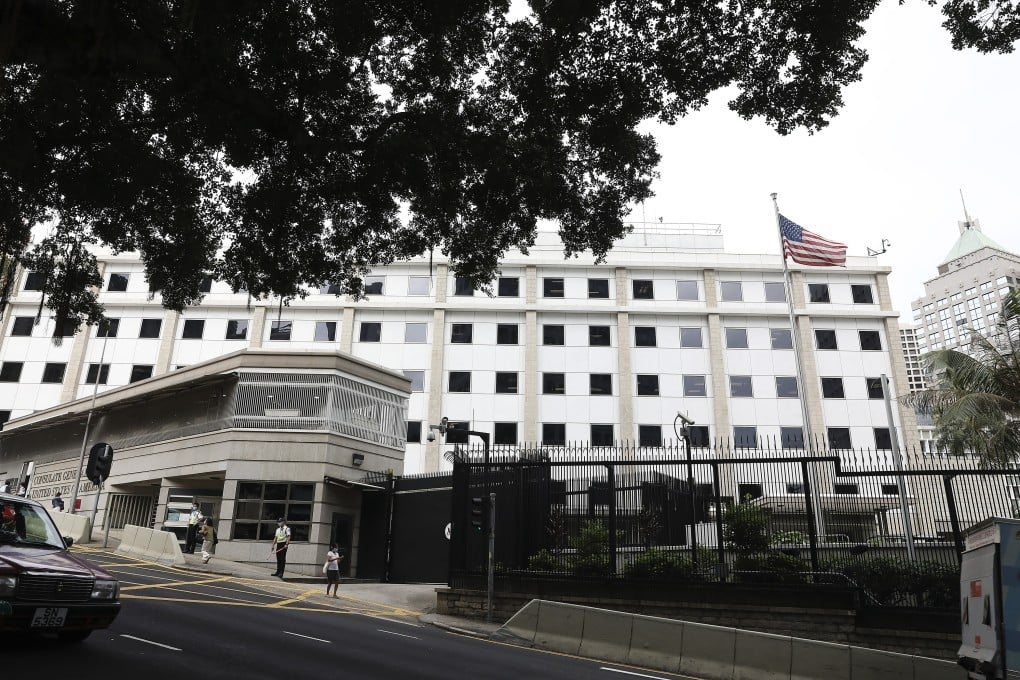Beijing drops need for US consul general to ask permission to meet Hong Kong politicians and officials
- Beijing replaces need to ask permission for talks with requirement to give notice of five days
- Original restriction imposed two years ago in tit-for-tat move after Washington limited movement of Chinese envoys in US

Beijing has lifted a requirement for the United States’ top diplomat in Hong Kong to obtain its approval before meeting city officials or representatives of public educational institutes and asked for five days’ notice instead, the Post has learned.
The central government imposed restrictions on the American consul general more than two years ago in a tit-for-tat move after Washington’s decision to limit the movement of Chinese envoys in the US.
A US consulate spokesman told the Post on Monday the requirement was replaced last November with a rule that only asked for prior notice.
“The consul general and other US representatives regularly meet with Hong Kong government officials, legislators, businesses, academics, civil society and religious groups, and ordinary Hongkongers as part of normal diplomatic practice,” the spokesman said.

“Per requirements established by the People’s Republic of China’s Ministry of Foreign Affairs, the consul general currently notifies the Office of the Commissioner of the Ministry of Foreign Affairs in Hong Kong of meetings with local government officials and government educational institutions five days in advance.”